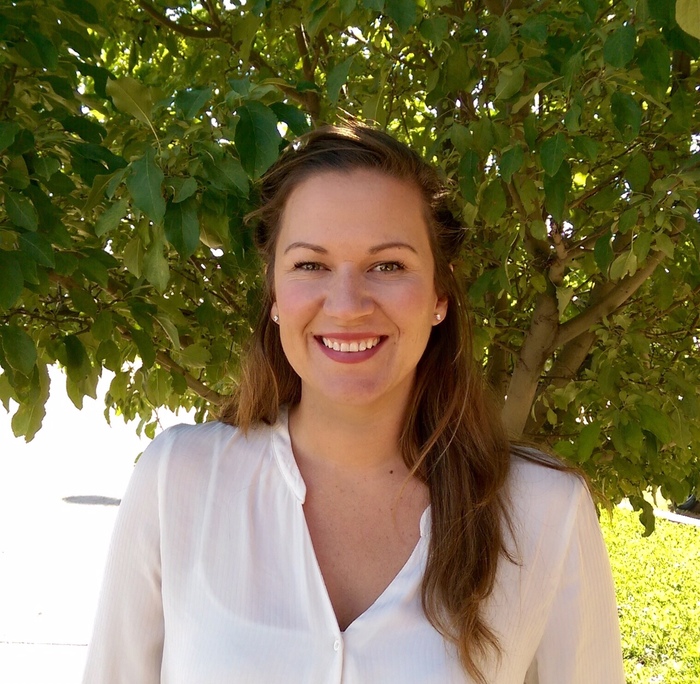September 18, 2015
It’s not about the pot

Since 1999 when I began working with teenagers in therapeutic and recovery environments I have heard the naive refrain, “yeah, but pot isn’t a drug,” along with many other misunderstandings about marijuana. It is easy enough to acknowledge that the cup of coffee I am sipping at this moment indeed contains a drug, so it is, of course, a red flag when a young (or old) person is so defended about their reliance on a substance for meeting various needs, that they cannot acknowledge the fact that it is technically a drug.
During the years that I worked with adolescents and their parents in residential settings as a licensed substance abuse counselor, these common misunderstandings about marijuana became more rampant and more distorted as the political climate was abuzz (no pun intended) with the medicinal marijuana debate throughout the country. As the media discourse moved from medicinal marijuana to recreational use, and the lines between the two became more blurred, the level of misinformation about THC became alarming to those on all sides of the debate, including many who favor legalization. Amidst the evolving political debate surrounding marijuana in the last decade, one thing I have seen consistently among adolescents is a deft ability of throwing their parents off balance by parroting talking points about the “benefits” of smoking weed, the fact that it is legal in a handful of states, and that attitudes toward it are changing.
When a four-year old child sees no need to eat her vegetables, her parents do not concern themselves with the fact that the child may be angry with them for requiring her to eat her greens. When a tired and grumpy child of six years argues that a bath is unnecessary after a day in the sandbox, his parents do not stop and consider his point, that he is just going to get dirty again. So why is it that so many parents are thrown off their game when their adolescent campaigns for the virtues of smoking pot? “It’s medicinal, it helps me sleep.” “It helps me feel less anxious.” “It’s legal in Colorado and everyone at school smokes.” Surprisingly often, the same parents who would not skip a beat in their clear and consistent boundaries regarding alcohol if their child were to say, “everyone is doing it,” or “it’s legal everywhere,” are befuddled by the same reasoning regarding pot.
To be clear, we are not discussing the fact that even in states where recreational marijuana is legal, it is only so for those 21 years of age and older. We are not discussing the fact that today’s pot, especially the strains developed in laboratories, is not the pot of yesteryear. We are not discussing the nuances and differences between prescription medications and their street equivalent. And we are not discussing the clear and proven long-term dangers that marijuana poses to the developing brain. This discussion is much more about boundaries than it is about marijuana. We are talking about a loss of parental authority. When it comes to adolescents and their resilient and simultaneously fragile, growing brains; the legalization debate is a red herring. Butcher’s knives, automobiles, chainsaws and alcohol are legal, yet it is a parent’s prerogative whether or not their teenager plays with them. I do not encounter many parents getting confused about their stance on chainsaw use by their child. Most would be willing to be the bad guy, and not entertain notions that go against their values.
While there will never be a simple, single answer or solution to any problem, it will always be wise to focus on that which we do have control over, rather than worry about that which we do not. As the public discourse on marijuana feels overwhelming, I invite everyone, regardless of your attitude towards pot use, to remember to focus on what you have control over right now, today; your home, and your boundaries. Whether your child is at home or in treatment, you have your parental authority. If you want help discussing substance abuse or other difficult parental issues with your children, Second Nature offers Parent Workshops and other parental resources.


